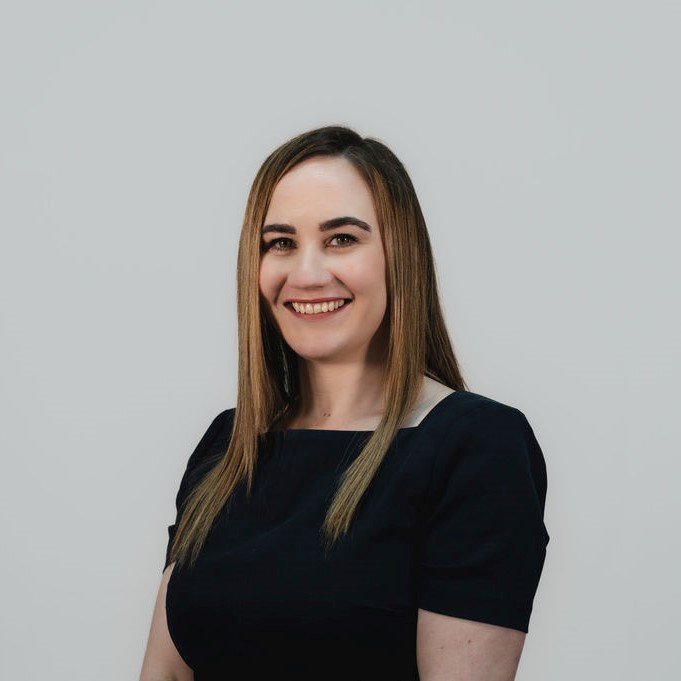March 25, 2022
By Emily Shingler
Copyright protects your work and prevents others from using it, without your consent. Also, copyright protection arises automatically – you do not have to apply for or register it.
Copyright will protect a variety of different types of commercially valuable works including such things as software code, illustrations, photography, the layout of written works and also sound and music recordings.
It is possible to mark your work with the copyright symbol (©), which signifies that copyright is being claimed. However, just by using that symbol does not in itself create legal rights or guarantee protection. Also, you will not have any less protection if you do not use the mark.
In addition to marking your work, there are other steps that you can take to protect your copyright. These include registering it with a private database and also keeping evidence of its creation. In addition, if you are working with a third party on the creation of the work, you should ensure that you have an agreement with them in relation to copyright ownership as between you.
The existence of copyright prevents other people from:
· Copying it for their own use
· Publishing it on the internet
· Distributing copies of your work, whether or not for free
· Performing your work in public
· Adapting your work in some way
If you think that someone else is using your work then you may well have legal rights that you can exercise to protect it. These include applying to the court for an order (injunction) to stop someone using your work and also claiming damages and legal costs from them.
In the first instance it is wise to seek advice from a lawyer experienced in this area before embarking on any legal action. Copyright infringement cases can be complicated and expensive – you should ensure that you are on solid ground legally before contemplating bringing legal proceedings against a third party.
Copyright protection starts as soon as your work has been created. The length of time that it lasts depends on the type of work. For example, copyright protection for written work lasts for 70 years from the author’s death and in the case of broadcasts, the protection lasts for 50 years from the date of the first broadcast.
You may wish to exploit your copyright commercially, by licencing its use to a third party. By using a properly drafted licence agreement you can retain a significant degree of control over the use of your copyright.
Examples of licencing copyright include the performance of artistic works, the publication of literary works and also the use of copyright in a commercial context, such as through a franchise network.
You can also sell your copyright or transfer its ownership. If you have particularly valuable copyright which is used in the context of a trading business, you may wish to consider sheltering its ownership in a holding company and then licencing its use back to your trading company. This would enable you to exploit the copyright whilst at the same time protect it from commercial risk.
If you require any advice on copyright or other intellectual property issues including a full audit of the intellectual property rights within your business, please contact Emily Shingler via email at eshingler@darwingray.com, or call on 029 2082 9102 for a free, no obligation, conversation.
 What Steps Can I Take to Protect my Copyright?
What Steps Can I Take to Protect my Copyright?















